Are you:
- Drowning in Debt?
- Facing Foreclosure?
- Threatened with Wage Garnishment?
- Fearful You’ll Never Get Out of Debt?
If so, NOW might be the best time to discuss your options with an experienced bankruptcy attorney!
Get Answers Today!
Call 866-943-7975
Free Review and Consultation
Quality Legal Representation
What is Bankruptcy?
Bankruptcy is the legal proceeding involving a person (Chapter 7 & Chapter 13) that is unable to repay their outstanding debts. The bankruptcy process can deliver freedom from debt to individuals and business while simultaneously providing repayment for their creditors. A bankruptcy begins with a petition filed by the debtor or on behalf of their creditors although that second option is not very common. All of the debtor’s assets are measured and evaluated, and the assets may be used to repay a portion of outstanding debts.
Who can benefit from filing Bankruptcy?
Bankruptcy can provide a fresh start to eligible consumers by wiping out (discharging) certain debts like credit cards and a variety of different loans. Bankruptcy can also be used (in certain circumstances) as a way to:
- Stop and recover garnishment funds
- Stop repossessions
- Reduce car loan balances and interest rates
- Stop foreclosures and cure mortgage arrears
- Eliminate or reduce taxes
Even with all of these wonderful benefits, our firm believes that bankruptcy should be a last resort for anyone in financial distress.
Which BK filing is right for you?
In order to determine which bankruptcy filing might be right for you, ask yourself these questions.
- Do your debts consist of Credit Cards, Unpaid Medical Bills/Collections, or Wage Garnishments?
- Do your debts also include your Mortgage, Car Loan(s), or are you in an active Foreclosure?
If you answered yes to question number 1, your best option is a Chapter 7 Bankruptcy.
If you answered yes to question number 2, a Chapter 13 Bankruptcy may be the right option for you. Schedule a FREE consultation with us today to have your options evaluated and explained.

